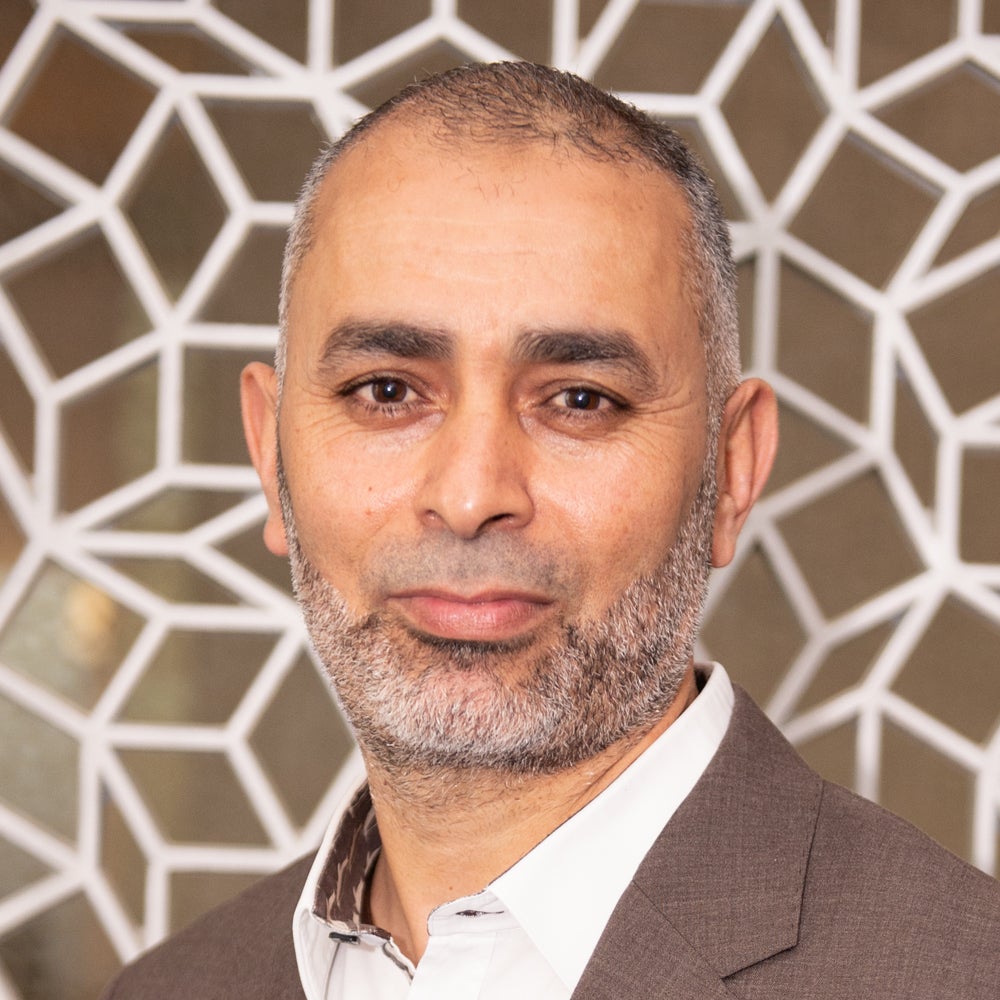During oil and natural gas production, so-called “produced water” comprises the largest byproduct stream. Oil and gas-produced water may serve a range of beneficial purposes, particularly in arid regions, if managed correctly. Numerous treatment technologies have been developed that allow for injection, discharge to the land surface, or beneficial reuse. Bioremediation is the process by which biological activities rid an environment of chemical pollutants. Most commonly, bioremediation employs microbes containing enzymes able to transform and decompose the pollutant. Many ecosystems are thought to contain a natural population of microbes with the capacity to degrade hydrocarbons. Microalgae play an important role in controlling and biomonitoring of organic pollutants in the aquatic ecosystem and the use of microalgae in the bioremediation of colored wastewater has attracted great interest due to their central role in carbon dioxide fixation. In addition, the algae biomass generated has great potential as feedstock for biofuel production. Thus, these bioremediation capabilities of microalgae are useful for environmental sustainability. However, the primary challenge to bioremediation is that the indigenous population of microbes may not have the capacity to degrade all contaminants present, or their ability to degrade the contaminants may be hindered by the eventual lack of other resources (i.e. while there is plenty of carbon available in the oil, nitrogen or phosphorus become limiting nutrients). To overcome these obstacles, genetic engineering can solve this problem and offers a promising tool to improve the absorption and bioremediation of many wastewater pollutants. CRISPR (clustered regularly interspaced short palindromic repeats)-based methods have been developed, making targeted gene disruption and editing possible. Genetic engineering toolkits are becoming publicly available and should accelerate the development of robust organisms to treat wastewater treatments.









